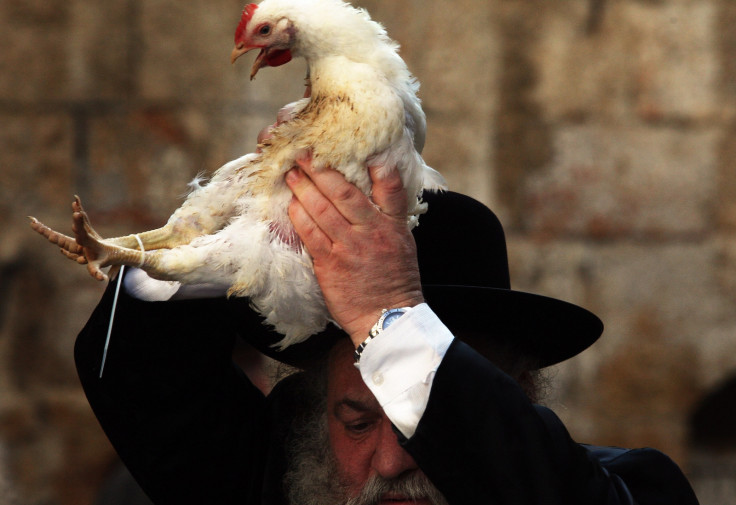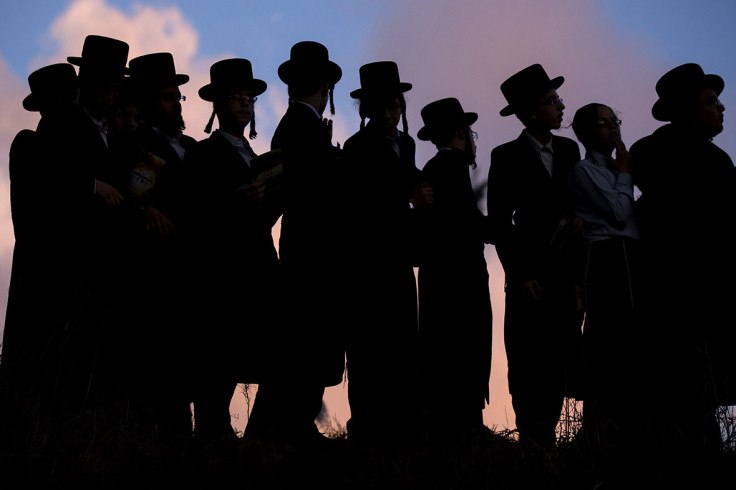Yom Kippur: Traditions of the Jewish Day of Atonement

Yom Kippur, the Day of Atonement, is the holiest day of the year in Judaism. Often referred to as the "Sabbath of Sabbaths", it is a day to reflect on the past year and ask forgiveness for sins. For 2015, Yom Kippur falls on the evening of 22 September and it is normally observed with a 25-hour period of fasting and intensive prayer in the synagogue. There are, however, a number of other traditions that take place during the day.
Five prayer services
Unlike a normal day, where there are three prayer services, there are five on Yom Kippur: Ma'ariv, Shacharit, Musaf, Mincha and Ne'ilah.
Ne'ilah
Ne'ilah is the concluding service of Yom Kippur. It normally lasts about an hour, during which the ark – where the scrolls of the Torah are kept – are left open throughout. This is considered the last chance to atone for sins before the end of the holiday and is sometimes referred to as the closing of the gates.
Fasting
All healthy adults, excluding children under the age of 13 and the sick, are expected to fast. Greetings are often focused on food and include "well over the fast" or "Tsom Kal", meaning an easy fast. Fasting begins before sunset on the evening before Yom Kippur and ends after nightfall on the Day of Atonement.
Giving to charity
While not mandatory, it is considered good religious practice to make a charitable donation the day before Yom Kippur.

Kapparot
The night before Yom Kippur, the ritual of Kapparot takes place. A live chicken or bag of coins is swung by a person over their head three times, transferring their sins to the creature or object. The chicken is then slaughtered and donated to the poor for a meal ahead of the fast.
No washing
Jewish people cannot perform any work on Yom Kippur. Talmud – a central text of Judaism – also specifies people cannot wash or anoint their bodies with cosmetics or deodorant. Sex is prohibited too.
No leather shoes
Jewish people must not wear leather shoes on Yom Kippur, because they are considered a luxury.
Shofar
One of the main observances of the holiday is blowing the shofar, a traditional instrument made from a ram's horn. It is thought to be symbolic of the trumpet blast of the call to repentance. The shofar is blown at the end of Ne'ilah.
© Copyright IBTimes 2025. All rights reserved.





















